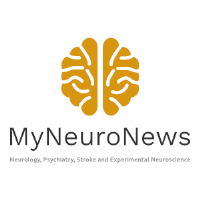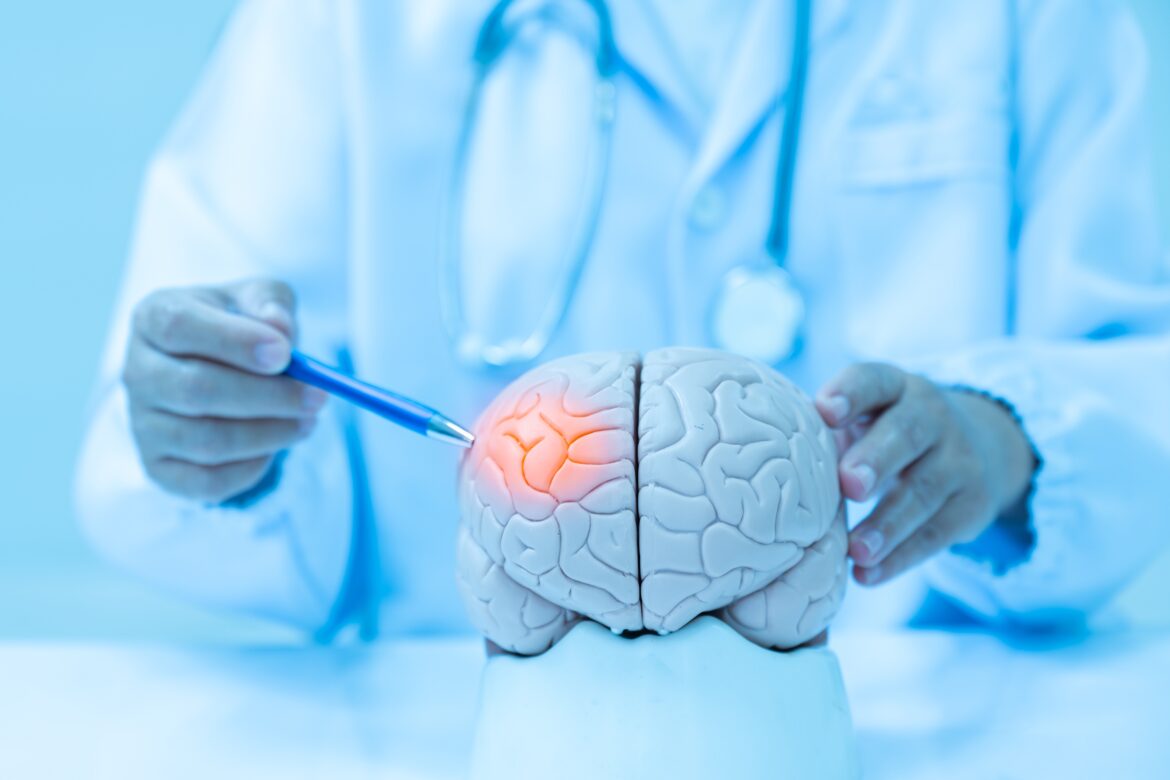Introduction
Functional Neurological Disorders (FND) are characterized by neurological symptoms that are not explained by identifiable neurological disease. The diagnosis of FND is complex and requires a careful approach to avoid misdiagnosis, which can have significant legal and ethical implications. Misdiagnosis can lead to unnecessary treatments, psychological harm, and a lack of informed consent. Studies have shown that misdiagnosis rates for FND are similar to those for ‘organic’ neurological diseases, and the misdiagnosis of neurological diseases as FND occurs at a similar frequency. The challenge is compounded when patients have comorbid conditions, such as multiple sclerosis, where both conditions need to be treated. Ethical concerns include the potential for stigmatization of patients, the responsibility of healthcare professionals to correct public misinformation, and the importance of accurate communication of diagnoses. Legal concerns revolve around the accuracy of diagnosis, informed consent, and confidentiality. To address these concerns, enhanced training for healthcare providers, development of guidelines for media engagement, and multidisciplinary approaches to assessment and treatment are recommended. The goal is to ensure that patients receive accurate diagnoses and appropriate care, while healthcare providers navigate the ethical and legal landscape with due diligence.
Ethical Concerns
- Misrepresentation and Public Perception: The ethical issues often stem from how FNDs are portrayed in the media. Misrepresentations can lead to public misconceptions about the nature of these disorders, potentially influencing how patients are perceived and treated by both the public and healthcare professionals. For instance, a study discussed the ethical dilemmas faced when a television documentary inaccurately portrayed a case of FND as epilepsy, which could mislead viewers about the nature and treatment of the disorder[1].
- Responsibility of Healthcare Professionals: Healthcare professionals face ethical dilemmas when they encounter misrepresentations of FND in the media. They must decide whether to engage with the media, the patients involved, or the healthcare teams responsible for the misrepresentations to correct the public information[1]. This responsibility extends to ensuring that their own communications about FND are accurate and do not perpetuate myths or misconceptions[4].
- Diagnosis and Patient Care: Ethically, the diagnosis of FND should be approached with care to avoid the stigmatization of patients. Misdiagnosis can lead to inappropriate treatment plans that may harm the patient. For example, the misdiagnosis of a pediatric patient who was initially thought to have FND but was later found to have a genetic movement disorder highlights the critical nature of accurate diagnosis[2].
Legal Concerns
- Accuracy of Diagnosis: Legally, the implications of misdiagnosing FND are substantial. Incorrect diagnosis can lead to unnecessary treatments and potentially harmful interventions, which could result in legal consequences for healthcare providers. For example, the use of invasive treatments for a misdiagnosed case of epilepsy instead of appropriate psychological or rehabilitative treatments for FND could lead to malpractice claims[1].
- Informed Consent: Accurate diagnosis is also crucial for informed consent. Patients and their families must understand their diagnosis to make informed decisions about their treatment options. Misdiagnosis can lead to a lack of informed consent, opening up healthcare providers to legal liabilities[2].
- Confidentiality and Privacy: The discussion of patient cases in public forums, such as media or case studies, must be handled with care to avoid breaches of confidentiality. Ethical guidelines and legal requirements demand that patient information be handled confidentially, and any public discussion should be de-identified and ethically justified[1].
Addressing the Concerns
To address these ethical and legal concerns, healthcare systems and professionals can:
- Enhance training and awareness about FND among healthcare providers to improve diagnosis accuracy.
- Develop guidelines for engaging with media to ensure that public representations of FND are accurate and ethical.
- Implement multidisciplinary approaches involving neurologists, psychiatrists, and other specialists to ensure comprehensive assessment and treatment[14].
In conclusion, the diagnosis of FND involves complex ethical and legal considerations. Ensuring accurate diagnosis, responsible media engagement, and ethical patient care are paramount to addressing these challenges effectively.
Sources
[1] 2 The ethics of (mis)representation of functional neurological disorders in public media https://www.semanticscholar.org/paper/0c58d95855bfc4751a611adb81f0652bbf42c70c
[2] Misdiagnosis of functional neurological symptom disorders in paediatrics: Narrative review and relevant case report. https://pubmed.ncbi.nlm.nih.gov/38515429/
[3] Towards a Visualizable, De-identified Synthetic Biomarker of Human Movement Disorders https://www.ncbi.nlm.nih.gov/pmc/articles/PMC10473142/
[4] Myths and facts about functional neurological disorders: a cross-sectional study of knowledge and awareness among medical students and healthcare professionals in Iraq https://www.ncbi.nlm.nih.gov/pmc/articles/PMC10546105/
[5] Online public reactions to fMRI communication with patients with disorders of consciousness: Quality of life, end-of-life decision making, and concerns with misdiagnosis https://pubmed.ncbi.nlm.nih.gov/28949872/
[6] Functional neurological disorders after COVID-19 and SARS-CoV-2 vaccines: a national multicentre observational study https://pubmed.ncbi.nlm.nih.gov/36889911/
[7] Pins and needles: The neurological examination and electrodiagnosis in children https://pubmed.ncbi.nlm.nih.gov/35211993/
[8] Whole-Body Cryostimulation in Functional Neurological Disorders: A Case Report https://www.ncbi.nlm.nih.gov/pmc/articles/PMC10778987/
[9] Recent Developments in Diagnosis of Epilepsy: Scope of MicroRNA and Technological Advancements https://www.ncbi.nlm.nih.gov/pmc/articles/PMC8615191/
[10] 32 Pathway to care of patients with functional neurological disorders in Iran https://www.semanticscholar.org/paper/faafd7c785308f51b2690a2e0fb5217ce36b8613
[11] Artificial Intelligence in Medicine: Revolutionizing Healthcare for Improved Patient Outcomes https://www.semanticscholar.org/paper/7dfa7d32d8ffa777095e6aa56aa629bc80742dd1
[12] The natural history of terms describing functional (neurological) disorders in the medical literature of the last 60 years https://pubmed.ncbi.nlm.nih.gov/36547718/
[13] La maladie du petit papier: A sign of functional cognitive disorder? https://pubmed.ncbi.nlm.nih.gov/29611272/
[14] Management of Functional Neurological Disorders (FND): Experience from a Swiss FND Clinic https://www.semanticscholar.org/paper/4d52e6b78de20e8410744e78107685fee1604984
[15] Deep Learning-Based Modified Bidirectional LSTM Network for Classification of ADHD Disorder https://www.semanticscholar.org/paper/4ac2bb1fef6baee0a21115fe40feb92e2dea9596
[16] The psychological impact of COVID-19 among a sample of Italian patients with functional neurological disorders: A preliminary study https://www.ncbi.nlm.nih.gov/pmc/articles/PMC7374122/

